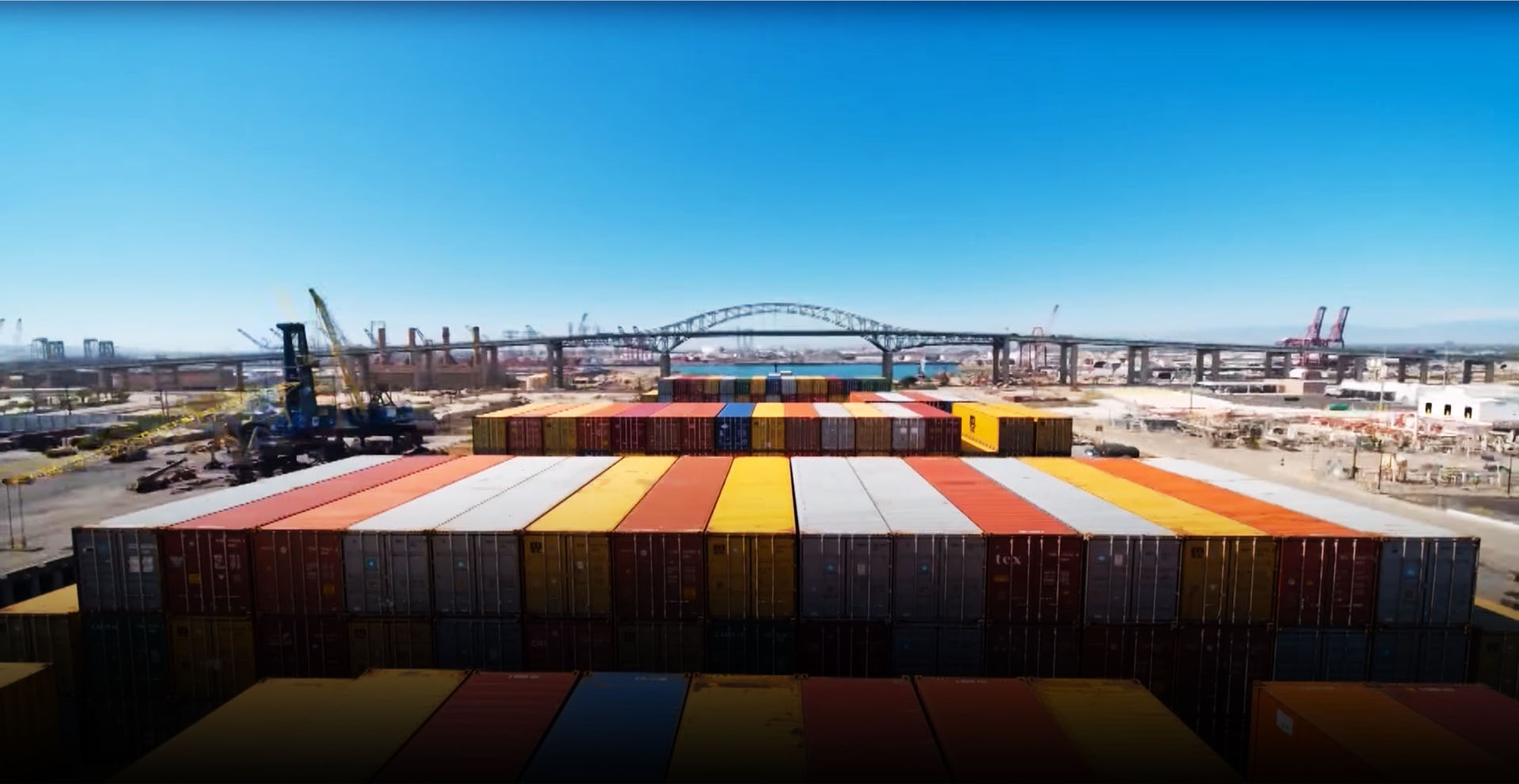Research Projects
Stop the VideoResearch Projects


STATUS: Complete
YEAR: 2017
TOPIC AREA: Sustainability, energy, and health Transportation planning, policy, and finance
CENTER: PSR
The Cost-Effectiveness of Alternative Policies for Reducing GHG Emissions in the Freight Sector
Project Summary
Project number: PSR-17-04
Funding source: US DOT
Contract number: 69A3551747109
Funding amount: $100,000
Performance period: 1/1/2018 to 12/31/2018
Performance period: 1/1/2018 to 12/31/2018
Project Description
We propose to develop a multi-market analytical and simulation model to evaluate the costeffectiveness of alternative public policies that stimulate a faster adoption of cleaner technologies to reduce GHG emissions in the freight sector. Traditionally, the evaluation of the potential of alternative technologies for climate mitigation starts with simple lifecycle analysis (LCA) of the GHG emissions resulting from various technologies, including all phases of its production and use. However, it is becoming better understood that, if public policies that support the same technology result in different multi-market adjustments, and therefore GHG emissions impacts, per unit of the technology added to the economy, technology-based LCA metrics may result in estimates of emissions savings that are misleading (Bento and Klotz, 2014). Our proposed multi-market model overcomes these limitations by simultaneously considering the behavior of consumers, producers of final goods (including goods that require delivery and trucking costs), the freight sector, and the regulator/government that affects freight decisions through a variety of public policies. The multi-market nature of the model allows for capturing economy-wide GHG emissions that are generated whenever any of the agents in the model, directly or indirectly, adjusts their behavior in response to policies introduced in the freight sector that aimed to reduce GHG emissions in that sector.
P.I. NAME & ADDRESS
Antonio BentoDirector, Global Master of Public Policy and Director, USC-Price Environmental Initiative, Price School of Public Policy
Ralph and Goldy Lewis Hall 214
Los Angeles, CA 90089
United States
[email protected]
CO-P.I.
Genevieve GiulianoProfessor; Margaret and John Ferraro Chair in Effective Local Government; Senior Associate Dean for Research and Technology; Director, METRANS , Sol Price School of Public Policy
650 Childs Way
Ralph and Goldy Lewis Hall (RGL) 216Los Angeles, CA 90089-0626
United States
[email protected]
Maged Dessouky
Dean's Professor and Chair, Daniel J. Epstein Department of Industrial and Systems Engineering
3715 McClintock Ave.
Ethel Percy Andrus Gerontology Center (GER) 206ALos Angeles, CA 90089-0193
United States
[email protected]















